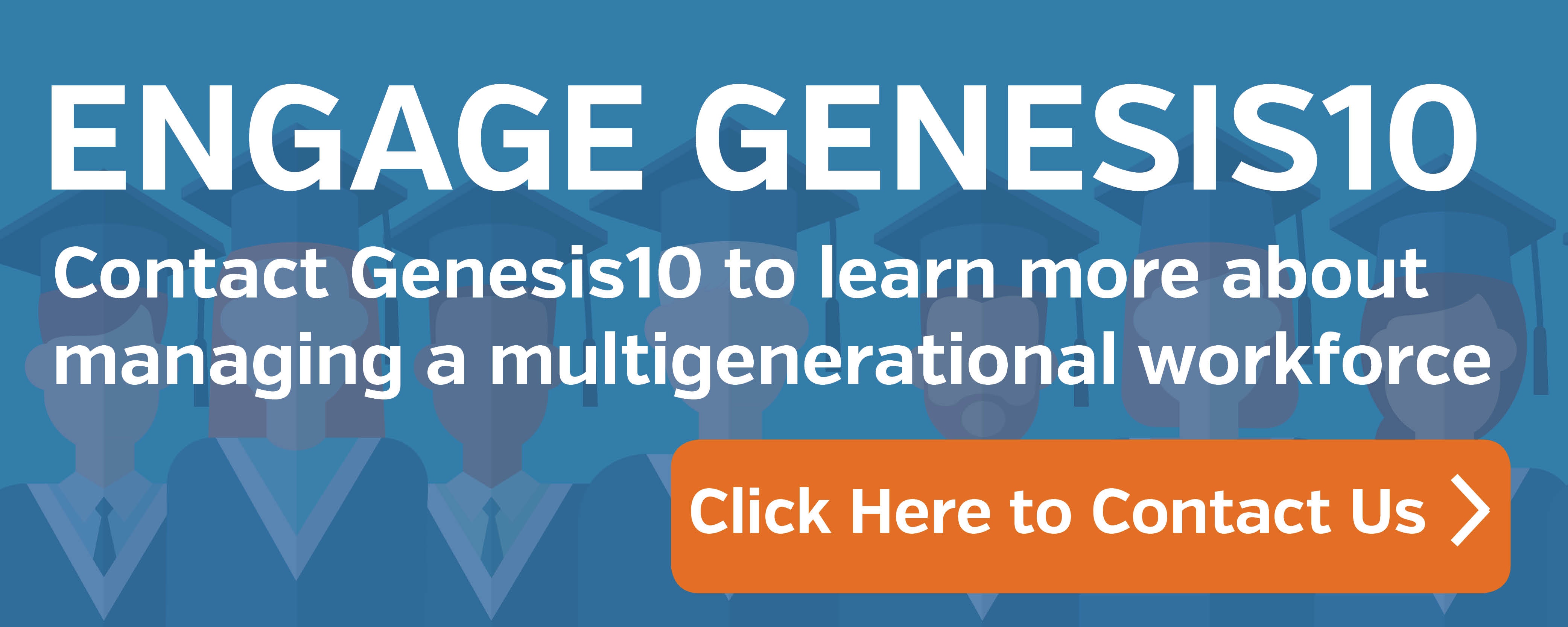You know them as the most-researched generation. The entitled generation. The generation that made you scratch your head while you revisited tried-and-true employee engagement, recognition and performance management practices. Organizations around the world struggled to understand the Millennial generation. Now this generation, which makes up a large segment of our workforce, is maturing. Millennials are assuming leadership roles in our organizations.
Despite the feeling that Millennials are the new, misunderstood, shiny generation, the reality is they have been in our organizations for more than 15 years. Now, a new generation, that’s bigger by one million than the previous generation, is graduating and promises to mix things up for us yet again.

Meet Generation Z, also-known-as the Post-Millennial, the iGeneration or the Founders (the name appears to be a work in progress). Date ranges too vary by source, with the oldest Gen Z members born sometime between 1995 and 2000. Growing up in the post-internet world where every phone is smart, these first true digital natives are optimistic and independent. Our newest employees also share these other perceived qualities:
An eight-second attention span. Constantly inundated with information, members of Generation Z have a short attention span. Yet some researchers believe this is a way to filter information and stimuli. Gen Z members become intensely focused for long periods when they feel that content or information is valuable or interesting.
Access to five screens. Gen Z’s main screen is the mobile phone. However, they have access to other screens as well: television, desktop, laptop and tablet.
Privacy. Unlike the Millennial “Facebook” generation, the new generation is aware of risks associated with posting static content online where it can be stored and accessed by employers, friends or family for years. Gen Z prefers Snapchat or Whisper where conversations and images disappear after viewing, more like a face-to-face conversation, leaving no digital footprint.
Savers. Growing up in the Great Recession and seeing the challenges Millennials faced with rapidly rising education costs, this generation is poised to be much more financially conservative than their Millennial counterparts.
A first wave of Gen Z will be joining your organization this summer as interns or entry-level staff. Their demand for technology on the job will push companies and IT departments to innovate at a faster pace. We are only entering the starting gate with Gen Z and have a lot to learn as companies, HR departments and managers about their engagement and retention.
Gen Z offers many great benefits including flexibility, independence and technical acumen. How will they change your team? Recognizing and understanding the nuances of this vibrant and talented generation will help you better engage these young people who will bring value to your organization. To help ensure your success, Genesis10 has put together a quick list of important items you may want to consider.
- Is your organization able to provide Gen Z interns and workers the training they need to succeed on the job?
- Does your team have senior workers who are willing to mentor interns and new junior workers so they quickly become productive contributors to the organization and remain focused?
- Gen Z workers are more apt to choose an organization based on its office technology. Is yours not only up-to-date on the latest but also effectively using it?
For more information on effectively integrating Gen Z interns and junior workers on to your team and innovative programs that address your workplace challenges, such as the G10 Associates Program, engage with Genesis10 today.



